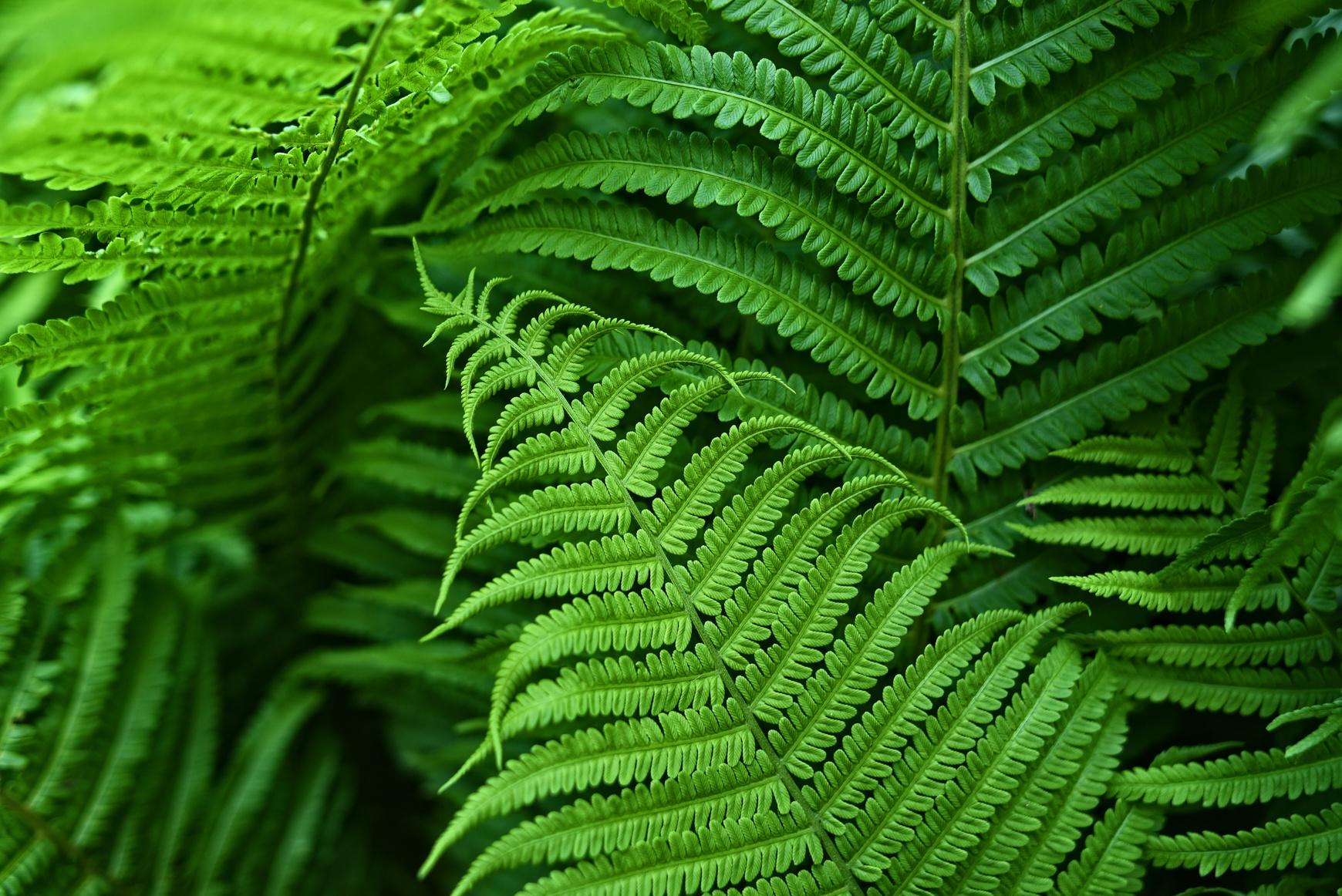
2 minute read
ANGELA BIGGS

BySaffronMears
Advertisement
In recent decades, conservation and environmental justice have been poignant topics of discussion. From the rights of farmers to land treatment, the field of conservation is expansive and intricate. For these reasons, the work of organizations such as the U.S. Department of Agriculture (USDA) is crucial to effective and sustainable conservation. No one understands the importance of the environment quite as much as the current USDA National Program Manager Angela Biggs. Through her work, Biggs explains the importance of communication and highlighting Indigenous voices in the conversation on environmentaljustice. “I’ve been really proud of being able to, while I was out in the field, work directly with farmers and help them with their needs, ” Biggs said. “As I’ve moved up, it’s my responsibility to look at the bigger, broader perspective. ” With over two decades of experience, it is hard not to share Biggs’s excitement about the field of conservationandherrolewithinit.Startinghercareer with the Iowa Department of Agriculture and Land Stewardship in the field of water quality, Biggs has heldmanynotabletitlesthroughouthercareer. “I’ve had the opportunity to work on so many different projects, I don’t know if I can tease out just one, ”Biggsrespondedwithalaughwhenaskedabout a project she was particularly proud of. “Just being able to address the concerns of farmers. ” Spanning in positionsfromtheStateConservationistforWisconsin toworkingwiththeGreatLakesRestorationInitiative,
Biggs has worked on a multitude of important projects in the field of conservation and continues to do so today. And as the current National Program Manager, Biggs hopes to bring this level of communication and attentiontotheUSDAasawhole. This communication begins with Indigenous voices. For Biggs, it was important to build and maintain the connection between the USDA and the Wisconsin Tribal Conservation Advisory Council, or WTCAC. “They’re [Tribal Nations in Wisconsin] setting the agenda, ” Biggs responded when asked how the USDA plans to work with tribes in conservation and environmentaljustice.
As projects move forward, Biggs plans to continue working with Tribal Nations in the field of conservation. Through meetings with WTCAC, as well as speaking to community leaders, Biggs works to include the perspectives of Tribal Nations in the story of environmental conservation. “The fact that we [USDA and WTCAC] are able to have a good close working relationship, ” Biggs said when asked about USDA’s work with WTCAC. “It’s a testament to the leadershipanddesiretoworktogetherwithtribes inthefieldofconservation. ”







